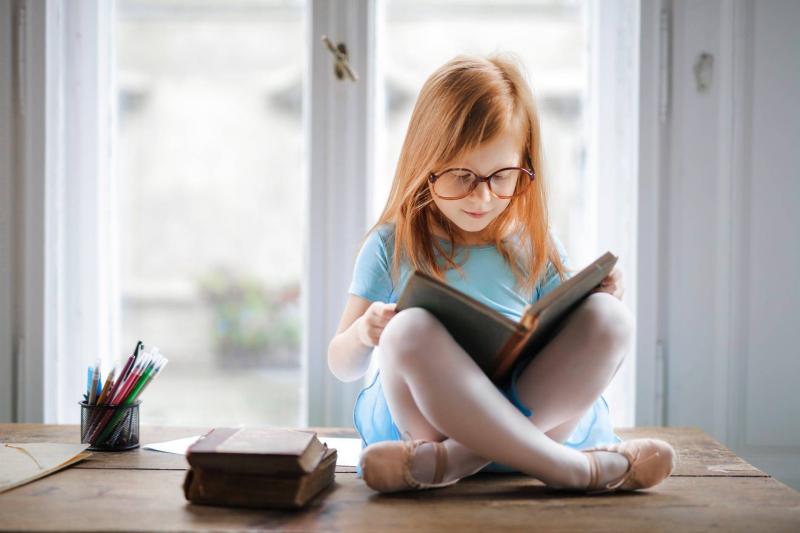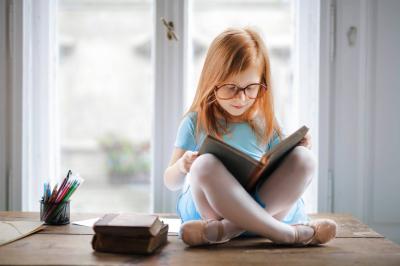The Eye Institute at Cleveland Clinic Abu Dhabi has announced that the incidence of myopia among children has increased during the COVID-19 pandemic. This rise is attributed to the increased time children spent looking at electronic device screens at home during the outbreak.
The institute considers this new reality to be associated with potential complications that may lead to blindness for these children in later stages of life. As myopia rates continue to rise, scientific studies conducted in this regard have linked the increase in cases to the length of time children spend at home, among other factors.
Dr. Aref Khan, a pediatric ophthalmology consultant at Cleveland Clinic Abu Dhabi, explains: "The number of myopia cases has been increasing for a long time, but the events of 2020, with many children staying at home for long periods and staring at screens for extended hours, have worsened the situation. This is a 'pandemic within a pandemic' and will have serious complications if not given appropriate care."
Myopia occurs when the shape of the eye changes, becoming too elongated, making it unable to focus effectively. This leads to blurred vision in the intermediate and long range.
**Severe Consequences**
If children with myopia go untreated, severe consequences may ensue as their condition gradually worsens, negatively impacting their academic performance and quality of life. There is also an increased risk of developing glaucoma (eye pressure disease), myopic maculopathy, and retinal detachment, all of which may lead to blindness.
Dr. Christine Daqio, an ophthalmologist at Cleveland Clinic Abu Dhabi, stated that our goal is to prevent children from developing this disease or to slow its progression if the child is already affected. This significantly reduces the risk of these children experiencing vision-threatening diseases later in life.
Daqio noted that the primary treatment uses a specialized type of eye drop. Additionally, multifocal glasses and contact lenses may be suitable options.
**Importance of Eye Check-Ups**
Doctors often recommend that all children undergo a preliminary eye examination around the age of four. An effective examination allows for the treatment of causes leading to blindness, which is achievable in childhood when the visual system is still developing and maturing.
If parents suspect that their child has an eye problem, they should promptly have the child examined, regardless of the child's age.




